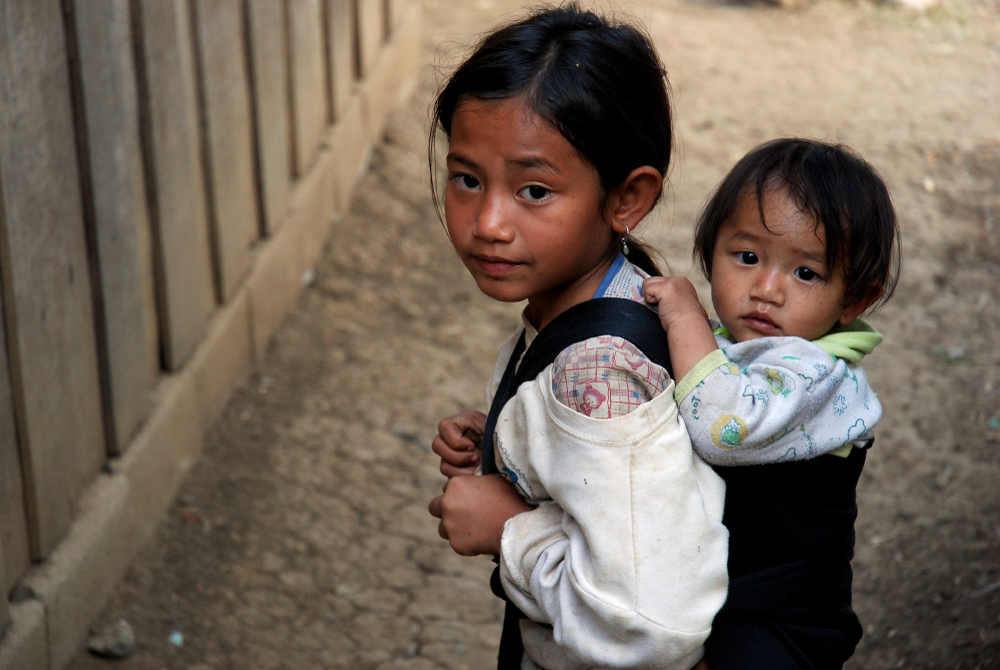Pacific Island Women Caucus
Asia Pacific Forum on Women, Law and Development (APWLD)
#SDGAction39982
Description
The initial discussions around the Caucus has identified 4 broad strategies it will undertake: 1) Building the capacity of women in the Pacific Islands2) Increasing resource opportunities for women3) Influencing laws, policies and practices to advance women's rights and development justice in the Pacific Islands4) Building political, structural change, alliances and movements in the Pacific Islands of women leaders, parliamentarians, organisations and activists.
Members of the Caucuses have started to identify capacity building needs which include policy development, understanding and influencing global and regional processes and agreements, leadership, media and campaigning skills. Capacity building may be conducted by the members and supporting institutions but also by other bodies supportive of the Caucuses.
The Caucus will model Pacific women's leadership that is united, collaborative, democratic, accountable and transformative in advancing women’s rights and development justice nationally, regionally and internationally. The programme and content of the Caucus will be determined by its own members with institutional support from APWLD. It will comprise of two linked caucuses - a parliamentary caucus and a civil society caucus. The Parliamentary Women's Caucus will comprise of currently sitting women members of national parliaments and equivalent national legislative bodies from the Pacific islands and territories. The Civil Society Women's Caucus will comprise of (and not limited to) former member of parliaments, women's rights groups, organisations and activists from the Pacific islands and territories. While the two Caucuses will have different composition, the Caucuses will work, facilitate, coordinate, collaborate, exchange and support each other for the purpose of engaging with various human rights and development processes and structures in the Pacific and beyond. The Caucus will also facilitate networking and engagement with women from outside the Pacific Islands and territories and other existing partnerships in the region. It will promote women's voices in key debates in the Pacific, not only around topics designated as women's issues, but more broadly to promote human rights and development justice for all. It will also play a key role in developing, implementing and monitoring policies impacting on women at local, national and regional levels.The two Caucuses however, will not be rigid in its structure and will maintain an open format for the period 2014. It will welcome the expression of interests, involvement and participation of more women parliamentarians, women's rights organisations and women's rights activists. An interim coordination process will continue until 2015 when a new mechanism, structure, activities and resources will be institutionalised to ensure long-term support for the Caucus as well as facilitating the participation of other Pacific islands not yet part of the Caucus.
SDGS & Targets
Goal 5
Achieve gender equality and empower all women and girls
5.1
End all forms of discrimination against all women and girls everywhere
5.1.1
Whether or not legal frameworks are in place to promote, enforce and monitor equality and non‑discrimination on the basis of sex
5.2
5.2.1
Proportion of ever-partnered women and girls aged 15 years and older subjected to physical, sexual or psychological violence by a current or former intimate partner in the previous 12 months, by form of violence and by age
5.2.2
Proportion of women and girls aged 15 years and older subjected to sexual violence by persons other than an intimate partner in the previous 12 months, by age and place of occurrence
5.3
5.3.1
Proportion of women aged 20-24 years who were married or in a union before age 15 and before age 18
5.3.2
Proportion of girls and women aged 15-49 years who have undergone female genital mutilation/cutting, by age
5.4
Recognize and value unpaid care and domestic work through the provision of public services, infrastructure and social protection policies and the promotion of shared responsibility within the household and the family as nationally appropriate
5.4.1
Proportion of time spent on unpaid domestic and care work, by sex, age and location
5.5
Ensure women’s full and effective participation and equal opportunities for leadership at all levels of decision-making in political, economic and public life
5.5.1
Proportion of seats held by women in (a) national parliaments and (b) local governments
5.5.2
Proportion of women in managerial positions
5.6
Ensure universal access to sexual and reproductive health and reproductive rights as agreed in accordance with the Programme of Action of the International Conference on Population and Development and the Beijing Platform for Action and the outcome documents of their review conferences
5.6.1
Proportion of women aged 15-49 years who make their own informed decisions regarding sexual relations, contraceptive use and reproductive health care
5.6.2
Number of countries with laws and regulations that guarantee full and equal access to women and men aged 15 years and older to sexual and reproductive health care, information and education
5.a
Undertake reforms to give women equal rights to economic resources, as well as access to ownership and control over land and other forms of property, financial services, inheritance and natural resources, in accordance with national laws
5.a.1
(a) Proportion of total agricultural population with ownership or secure rights over agricultural land, by sex; and (b) share of women among owners or rights-bearers of agricultural land, by type of tenure
5.a.2
Proportion of countries where the legal framework (including customary law) guarantees women’s equal rights to land ownership and/or control
5.b
5.b.1
Proportion of individuals who own a mobile telephone, by sex
5.c
Adopt and strengthen sound policies and enforceable legislation for the promotion of gender equality and the empowerment of all women and girls at all levels
5.c.1
Proportion of countries with systems to track and make public allocations for gender equality and women’s empowerment
SDG 14 targets covered
Deliverables & Timeline
Resources mobilized
Partnership Progress

Feedback
Action Network

Timeline
Entity
SDGs
Region
- Asia and Pacific
More information
Countries
Contact Information
Diyana Yahaya, Programme Officer - Women in Power Programme, APWLD

